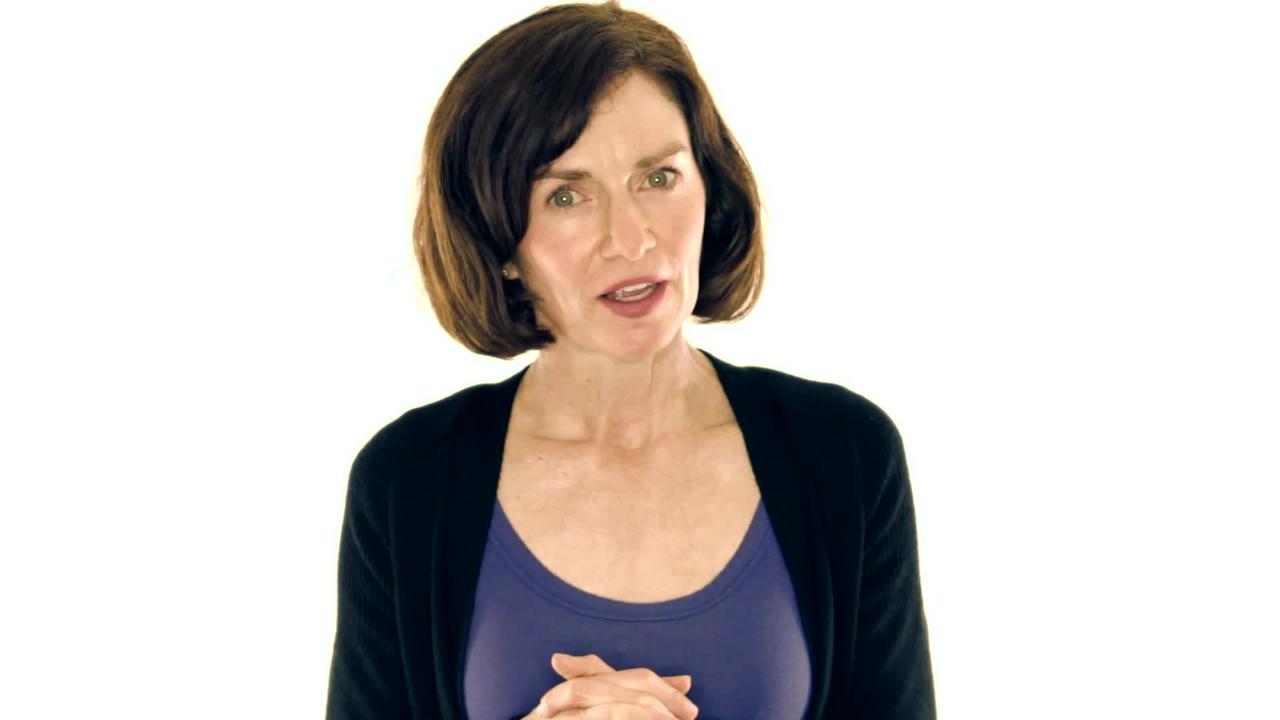C-Section Recovery Tips
C-section recovery is not covered much or well discussed. Most moms don’t know what to do after they’ve had a C-section or even what to do immediately while in the hospital bed. It’s important that you work with a pelvic floor physical therapist prior to your C-section if you know you’re going to have one – to prep for what’s to come afterwards and to help your recovery.
Our expert, Dr. Youstina Gerges is a pelvic floor physical therapist and the founder of Rise Above Physical Therapy. Here are her top three tips on recovering from C-sections – and what you need to know.
Misconceptions About C-Section Recovery
There’s a big misconception that if you get a C-section, your pelvic floor is spared and you don’t have any pelvic health conditions after. That’s an absolute myth. C-section recoveries are very difficult and they do affect your pelvic floor. The nine months of pregnancy has its own effect on how the pelvic floor muscles function, how your core functions, and that in itself needs recovery afterwards. Birth, is like the cherry on top. So birth ends up affecting your pelvic floor further. But patients who have had C-sections, they can still have pain with intercourse, they can still have lateral leakage, they can have problems with constipation. All of the pelvic floor conditions that would come with a vaginal delivery as well.
Tips for C-Section Recovery
The biggest thing that’s most important to do after you have a C-section is that you start to slowly move into upright positions. So if you’ve had a C-section before, you know the first thing you want to do is to curl down and hug that scar, but what you should do is to slowly start to breathe into that scar and lift as early as you can because we want good mobility of that scar tissue.
Tip #1: Immediate Post-Op Care
The first day that you’re in the hospital, you’ll probably be laying down in the hospital bed the whole day. Then the next day they’re going to tell you, okay, let’s try to get up and go to that bathroom. The number one tip is – once that catheter is removed, you have to go to the bathroom right away. Don’t wait until your bladder is full. Then you’re trying to walk over to the bathroom. That tends to be more uncomfortable because that first walk to the bathroom, it might just be a shuffle. You might be here the whole time, and that’s okay. That doesn’t mean that’s where you’re going to be forever. It’s going to change, and every day you’re going to notice you get stronger.
Tip #2: Desensitization Techniques
The second tip is to do desensitization techniques. Basically what that means is your incisions are going to be below. At the top of your abdomen, there’s still scar tissue there. The scar tissue can expand as far as up near your belly button, so you’re going to take a cotton ball and then you’re just going to slowly move it across your core. You’re going to be nowhere near the incision, and for the first two weeks, that’s all you’re going to do. And that is going to wake up the nerves that are in that area so that you don’t get numbness of the scar. Later on. You don’t get that feeling that this part of my body is separate from the rest of my body, which happens often with c-sections.
Tip #3: Breathing Exercises
The other thing to do, is make sure that you’re breathing fully into your core. When we’re in pain, naturally, we want to hold our breath. With c-sections, we want to make sure we’re breathing. With any pain, we want to make sure we’re breathing. And so the first thing you’re going to do is, you’re going to put your hands on your belly whenever you can, where you’re comfortable touching. You are going to inhale in and you’re going to exhale. And all that’s gonna do is it’s going to start to stretch that scar tissue and allow you to breathe into the muscles.
Regaining Strength and Activities
The biggest thing is to remember that this c-section does not determine how your core activates. You can get back to doing all of the activities they used to do before. If you love Pilates, you can get back to Pilates. If you love CrossFit, you can get back to CrossFit. We just need to be able to heal your core first, and then you can get back to being stronger than you ever were before.
Our Expert: Dr. Youstina Gerges, DPT, LCCE is a pelvic floor physical therapist and founder of Rise Above Physical Therapy in Wykoff, New Jersey. She works with patients to find the underlying cause of symptoms, providing personalized one-on-one care and education classes. Dr. Gerges helps women in all stages of life, from preconception to pregnancy, to postpartum, menopause and beyond – treating variety of diagnoses/conditions such as pelvic floor dysfunction, women’s health, sports injuries, post-surgical rehab, and orthopedic related conditions. Visit: riseabovept.com






